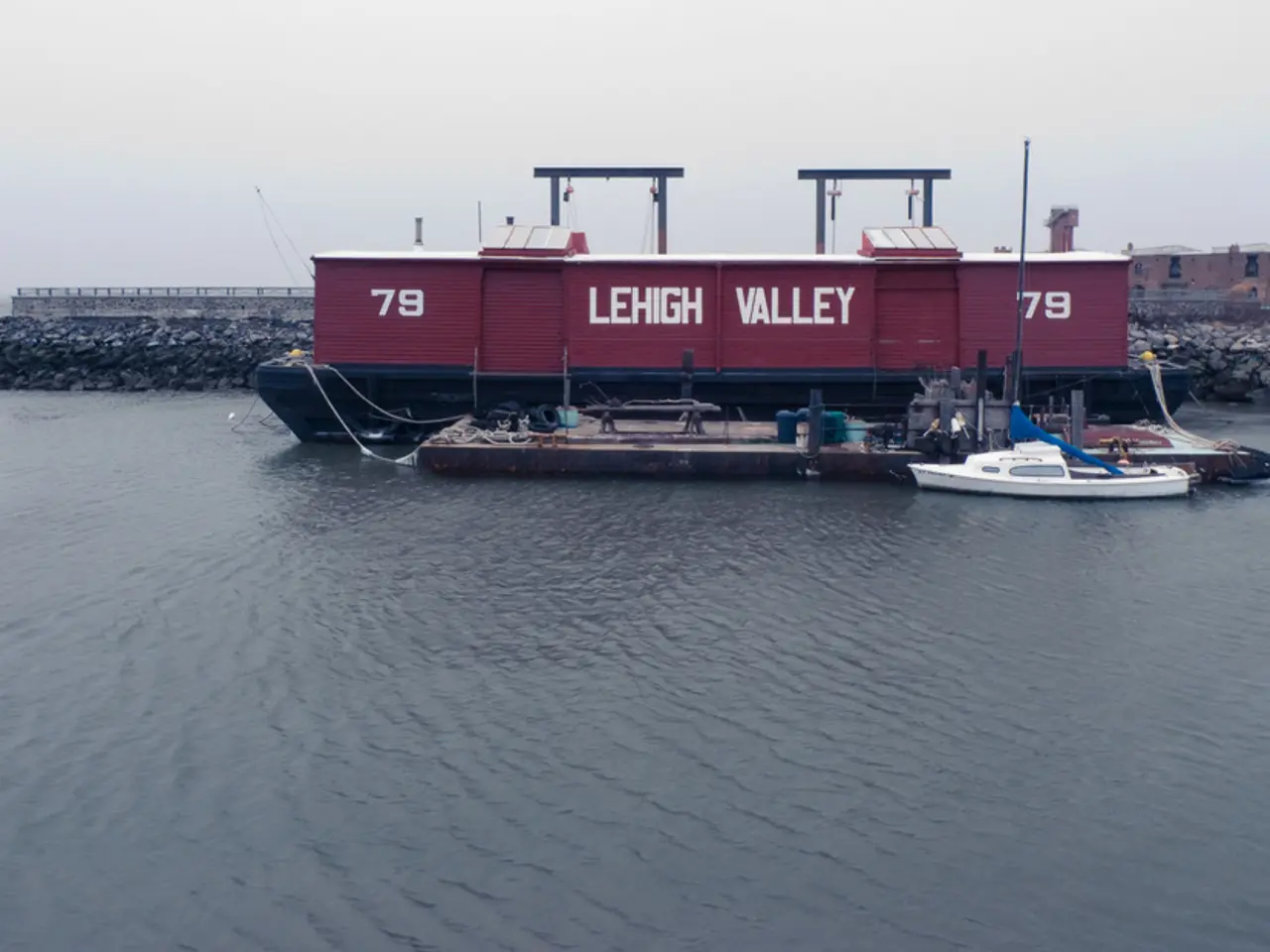EPCAPE Concludes: Unprecedented Data on Coastal Marine Clouds
The Eastern Pacific Cloud Aerosol Precipitation Experiment (EPCAPE) has successfully concluded its yearlong observational phase in mid-February 2024. The project, designed to study coastal marine clouds and human-made particles' impact, has yielded a wealth of data now freely available.
EPCAPE, led by Lynn Russell, a distinguished professor at UC San Diego's Scripps Institution of Oceanography, exceeded expectations. It recorded more clouds and data than anticipated, involving 17 co-investigators from various institutions. The project deployed ARM's portable observatory AMF1 along Scripps Pier, with additional instruments on Mount Soledad. EPCAPE's detailed probing of California coastal marine stratus clouds is unprecedented, providing valuable insights into their sensitivity to environmental changes and their influence on solar radiation and precipitation patterns.
The Department of Energy's Atmospheric Radiation Measurement (ARM) user facility provided the main instrumentation, supplemented by partners. Most of the year's direct measurements are now freely available in the ARM Data Center and UC San Diego's digital library collections.
EPCAPE's successful completion marks a significant advancement in our understanding of coastal marine clouds and their interaction with human-made particles. The extensive data collected will be crucial for improving climate models and predicting future climate changes.
Read also:
- MRI Scans in Epilepsy Diagnosis: Function and Revealed Findings
- Hematology specialist and anemia treatment: The role of a hematologist in managing anemia conditions
- Enhancing the framework or setup for efficient operation and growth
- Hydroelectric Power Generation Industry Forecasted to Expand to USD 413.3 Billion by 2034, Projected Growth Rate of 5.8% Compound Annual Growth Rate (CAGR)








